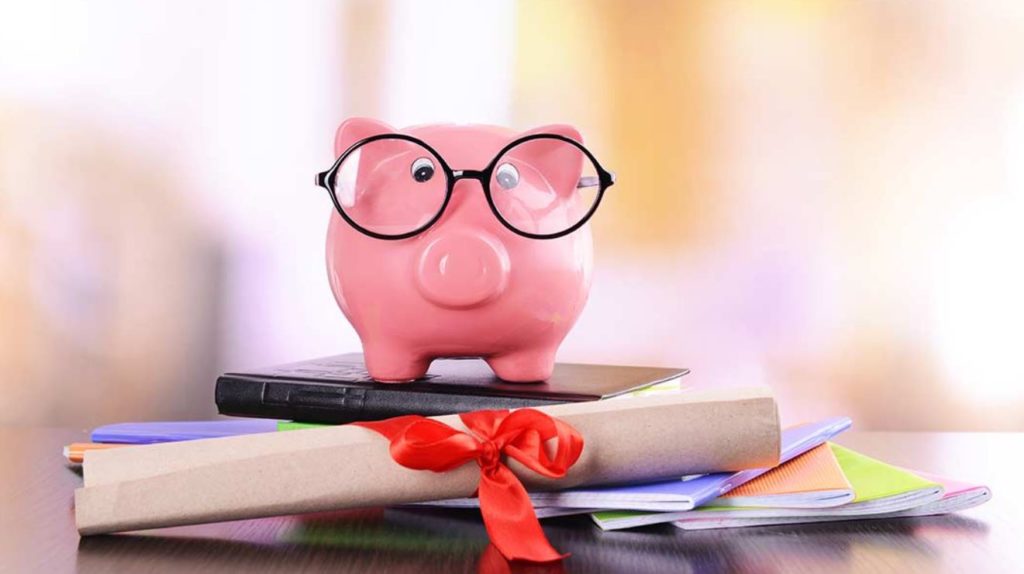Student loans have become a major obligation for many Americans and can damage your credit or ability to qualify for a mortgage. We regularly receive questions on this from our clients and want to pass along some best practices related to student loans before filing for chapter 13 bankruptcy and after discharge.
Student loans are considered a nonpriority unsecured debt. This means that they are of lower priority, when compared to other debts, and are not required to be paid during your repayment plan. Student loans are most often deferred during the chapter 13 repayment plan because they cannot be discharged in bankruptcy. The only exception to this is being able to prove to the court that paying back your student loans would cause an “undue hardship”. Don’t count on this as courts rarely approve it.
Best Practices before filing for Chapter 13:
- Find an experienced bankruptcy attorney that has a record of success and responds in a timely manner to your inquiries.
- We have heard many horror stories from our clients who worked with inexperienced attorneys. If a case is not properly filed, then you will have issues down the road that will cost both time and money. It is also vital to work with an attorney that will quickly respond to your inquiries. We work with many people currently in bankruptcy and the attorney must respond quickly and work with all parties for the transaction to be successful.
- Make sure that your student loans are included in the bankruptcy filing and deferred if you are not in a position to continue making payments on them each month.
- If student loans are in default going into the chapter 13 filing, then make sure to discuss all of your options with an attorney. You can often enter a rehabilitation program during your repayment plan and bring your accounts current. This is important because if this is not completed, your account will be in default once the bankruptcy is discharged and this will affect your mortgage qualification.
Best practices after Chapter 13 discharge:
- Reach out to all your student loan creditors and find out when your first payment will be due and in what amount. This is easy to overlook after not making a payment on these loans in many years, but if even one payment is missed or considered a partial payment, then this can badly affect your ability to qualify for a loan.
- If your student loans were in default going into bankruptcy filing and the rehabilitation program has not been completed, then make sure to start making payments on that right way to bring your account current. Your student loan creditor will be able to assist with this.
- Check your credit report. If your student loans were included in your BK plan and deferred, then you should not have any late payments between filing and discharge. If you do see late payments during this time frame. Reach out to each of the three credit bureaus with proof that your loans were deferred during your BK plan and get these late payments removed.

